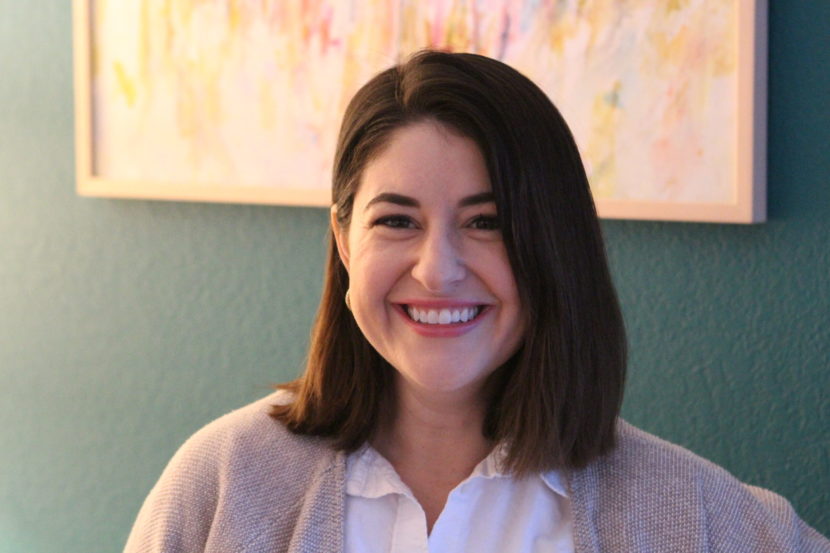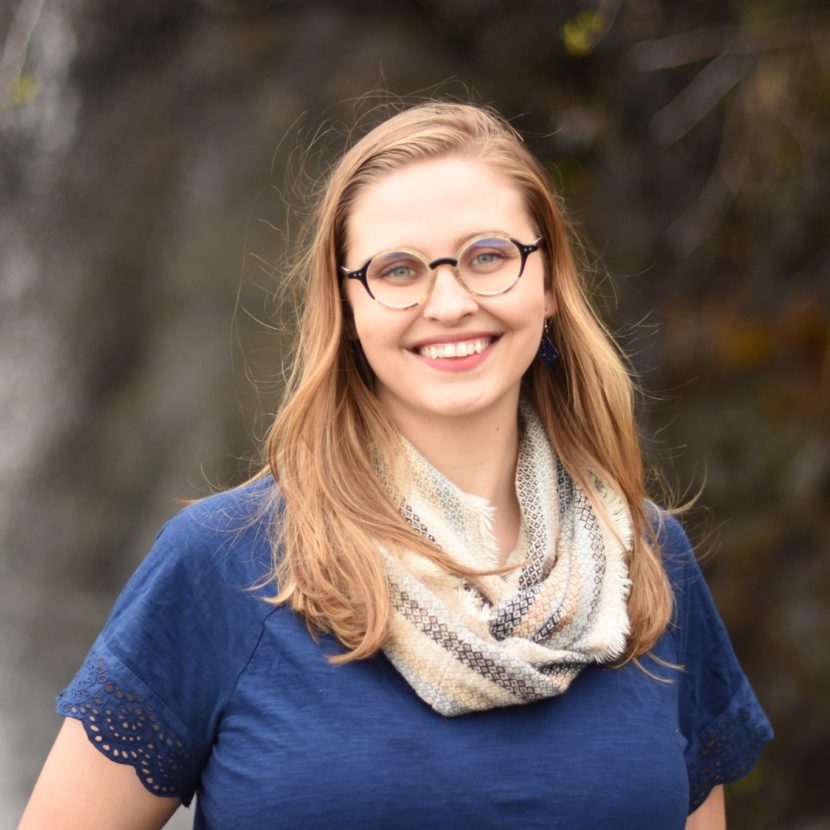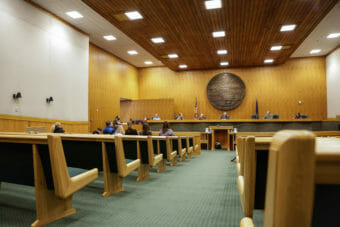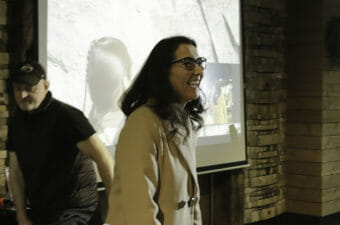
Democrat Andrew Gray assumed he’d feel relieved after seeing he got more than 50% of the vote — enough to win his race outright and represent East Anchorage in the state House. But a little over a week later, with more results trickling in and confirming his win, he’s still a little anxious.
“There’s been meetings and phone calls and trying to figure out where I’m going to live. And thinking about staff to hire,” he said. “And all of that has been stressors that I was not expecting and that have continued to prevent me from sleeping well at night.”
While Gray says he’s laser-focused on the issues he campaigned on, his win also notches a big milestone in Alaska politics. He and two other candidates — Jennie Armstrong and Ashley Carrick — are on track to become the first openly LGBTQ Alaskans to serve in the state Legislature in the body’s 60-year history.
But all three candidates, including Gray, say while representation is important, it’s not why they ran.
“That is not a part of my campaign,” Gray said. “I ran on housing and homelessness. I ran on fully funding our schools. I ran on bringing common sense solutions to the problems we have in our community, and it just happens to be that I’m married to a man.”
Gray lives in East Anchorage with his husband Jay and their 9-year-old son. He’s a member of the National Guard, and he worked at the VA for five years before running for office.
Gray said even though he’ll be the first openly gay man to serve in Juneau, he knows that journey of representation didn’t start and end with him. He spoke highly of former Anchorage Sen. Johnny Ellis, who publicly came out in 2016 after retiring from more than 30 years of public service. Ellis passed away earlier this year.
Gray thinks public sentiments have changed, and he felt comfortable putting his husband on his campaign handouts.
“Our Get Out the Vote mailer actually had a photo of our family — of me, my husband and my son — on it,” Gray said. “I am someone running in 2022. I don’t think that this race, the way I did it, would have been possible even 10 years ago.”

Also in Anchorage, Democrat Jennie Armstrong — who’s poised to win her West Anchorage House seat — identifies as pansexual and said she represented herself fully in her campaign.
“You know, it was a big banner on my website,” Armstrong said. Her website says: “Jennie has a chance to make history as the first openly LGBTQ+ candidate to be elected to the Alaska State Legislature.”
“It is nothing that I ever hid,” said Armstrong. “For me, I really believe that when folks feel fully self-expressed and can be who they are, and feel safe and seen and heard and loved, that those are not just nice ideas, but they’re connected to a thriving economy.”
Armstrong is the founder of two businesses aimed at promoting social good and philanthropy, especially among women. She said her main catalyst for running was the Supreme Court decision in Dobbs v. Jackson Women’s Health Organization, which eliminated a federal right to an abortion.
As one of the first openly LGBTQ lawmakers, Armstrong said she wants constituents to feel welcomed and represented by their government.
“If not everyone in your community feels welcome, are businesses going to want to move here if they don’t have those kinds of protections in place?” Armstrong said. “Are we going to attract people to want to move to Alaska? More importantly, are folks going to want to stay?”

Further north, Democrat Ashley Carrick — a former legislative staffer — is slated to win her race to represent western Fairbanks in the state House. Carrick is openly bisexual and said she’s been out for all of her adulthood.
“Growing up as a teenager and feeling the need to be closeted myself, to now being really openly a public figure and LGBT, I think that representation is important,” Carrick said, “and I bring a certain mindfulness on those issues that comes from experience to the table.”
One of the LGBTQ issues that Carrick said could come up in the Legislature is gay marriage, which is currently federally protected.
“Our constitution specifically states that marriage is between a man and a woman, so if the Supreme Court decides to overturn that, we’re going to have a major challenge in this state,” Carrick said. “So as someone who cares about LGBT friends who are married in same sex relationships, but as someone who very easily could’ve been that person, I think that’s really important to me.”
As Carrick, Gray and Armstrong prepare to join 57 other legislators in Juneau next year, they say they’re very aware that not every lawmaker will be open to their sexual orientation. For example, the state Republican Party has taken stances against gay marriage and recognition of transgender youth.
Carrick said she believes that everyone who runs for public office does so with the best intentions. While she said it’s disappointing that there are lawmakers who intend to govern in opposition to her identity, she hopes she can bridge those divides.
“If you come into it knowing that people are trying their best based on the values and beliefs that they have, then you can start to address some of those values and beliefs on a more empathetic and productive level, than just sort of writing certain colleagues off,” Carrick said. “And I hope that they would do the same with me.”
Both Carrick and Gray are in comfortable positions to win their elections outright. Armstrong’s candidacy is currently in question due to legal actions stemming from whether she was a resident of the state for the required amount of time. Both Armstrong and the state have filed motions to dismiss the lawsuit.
Pending any drastic changes, Gray, Carrick and Armstrong will be sworn in as members of Alaska’s 33rd Legislature in January.


